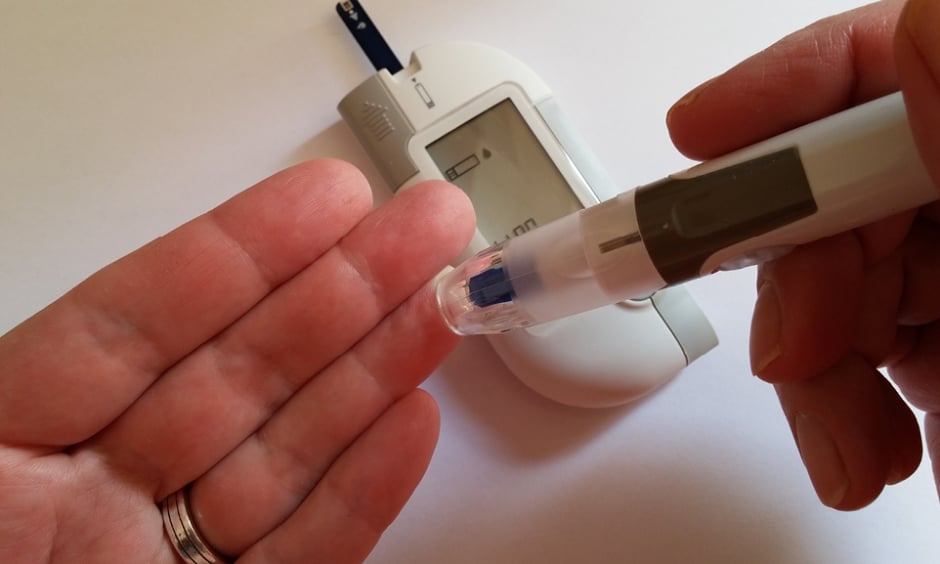DIABETES care in the UK has been greatly enhanced by the availability of a new device for monitoring glucose levels, according to an independent assessment by institutions including the University of Manchester, Manchester, UK. The FreeStyle Libre flash glucose monitor was found to be accurate, and also more comfortable and convenient to use than the recommended finger-stick blood glucose tests.
Improved Outcomes
The analysis discovered that this method led to major health improvements and reduced adverse events in Type 1 diabetes patients, with the device much easier to use compared with the finger-stick test. Dr Lalantha Leelarathna, University of Manchester, commented: “Despite major progress in the care of people living with Type 1 diabetes, many fail to achieve their target blood sugar level, and that risks major complications. A key barrier in achieving near normal glucose levels is the need for frequent fingerstick blood glucose monitoring and that’s down to pain and inconvenience.”
He continued: “Our review concludes that the FreeStyle Libre flash glucose monitor works well for both adults and children. The studies show it is accurate, comfortable, and easy to use. It is associated with a reduction in low blood sugar levels, improvements in glycated haemoglobin levels, and adverse levels are low. Our assessment of the available evidence shows that for most patients, it is a game changer.”
Mechanism
The monitor uses a white disk adhered to the patients’ arm to connect remotely to a small monitored device. The disk, which is replaced every 14 days, can also be purchased by diabetes patients.
Glucose Monitoring
Glucose monitoring is a vital component of the management of patients on insulin as there is a risk of major complications if levels are too high or too low, such as eye disease and seizures, respectively. Ensuring patients regularly check their levels is therefore essential.
Access
The next step is to ensure that patients across all parts of the UK have access to the device, avoiding the so-called postcode lottery.
James Coker, Reporter








